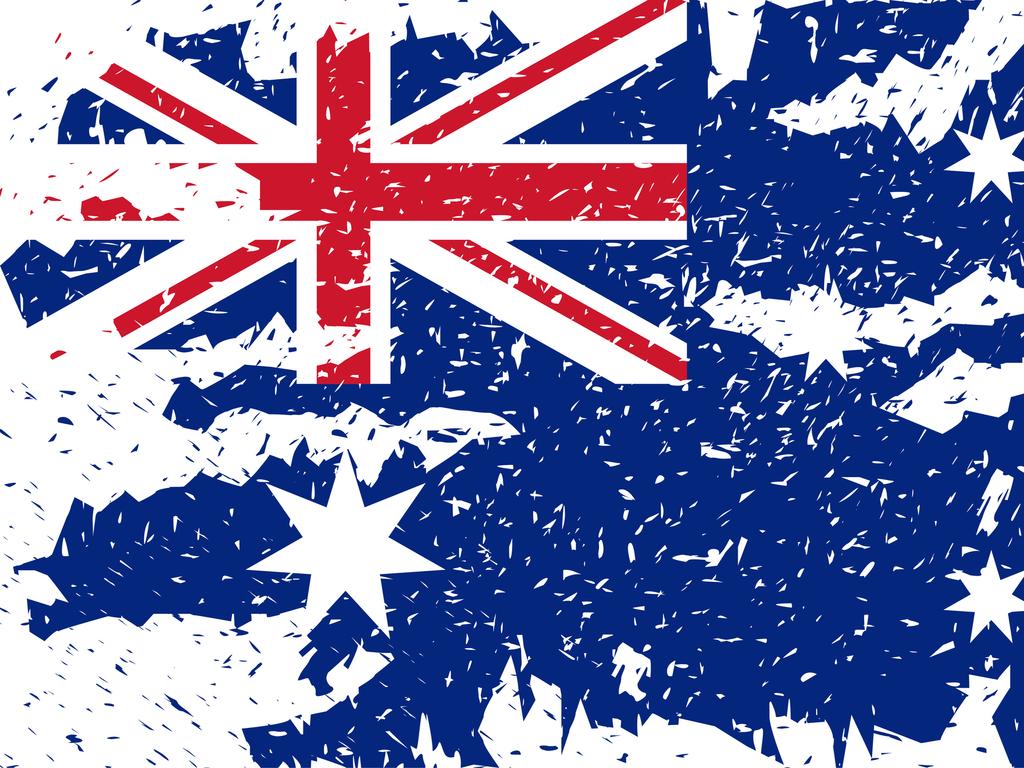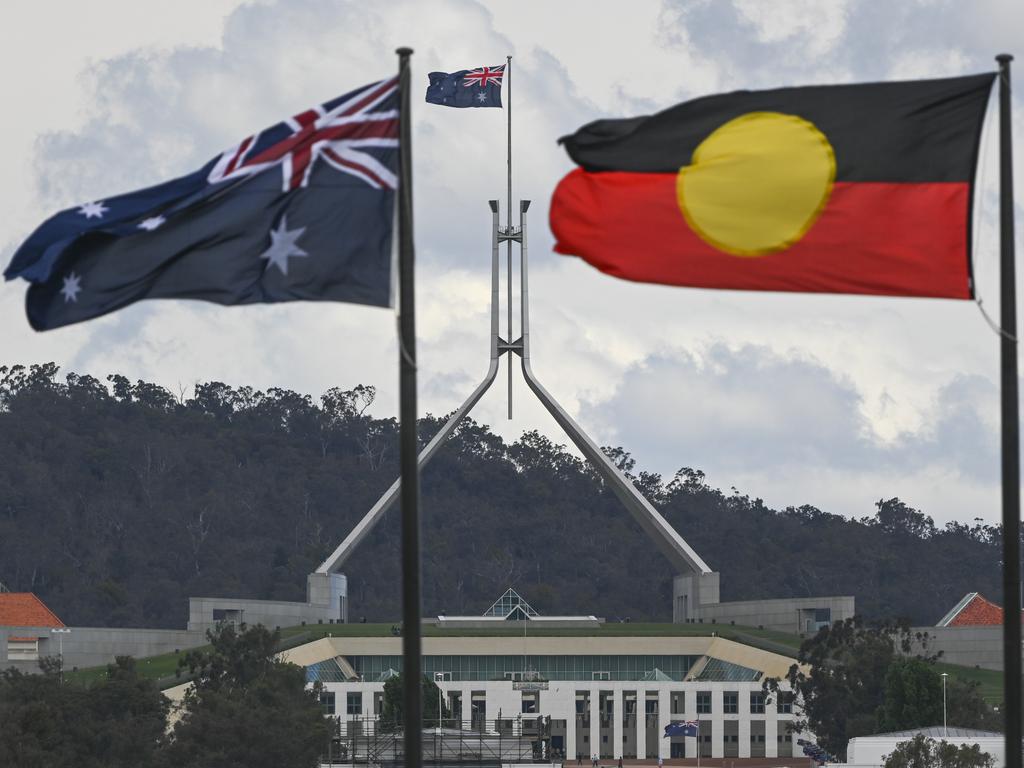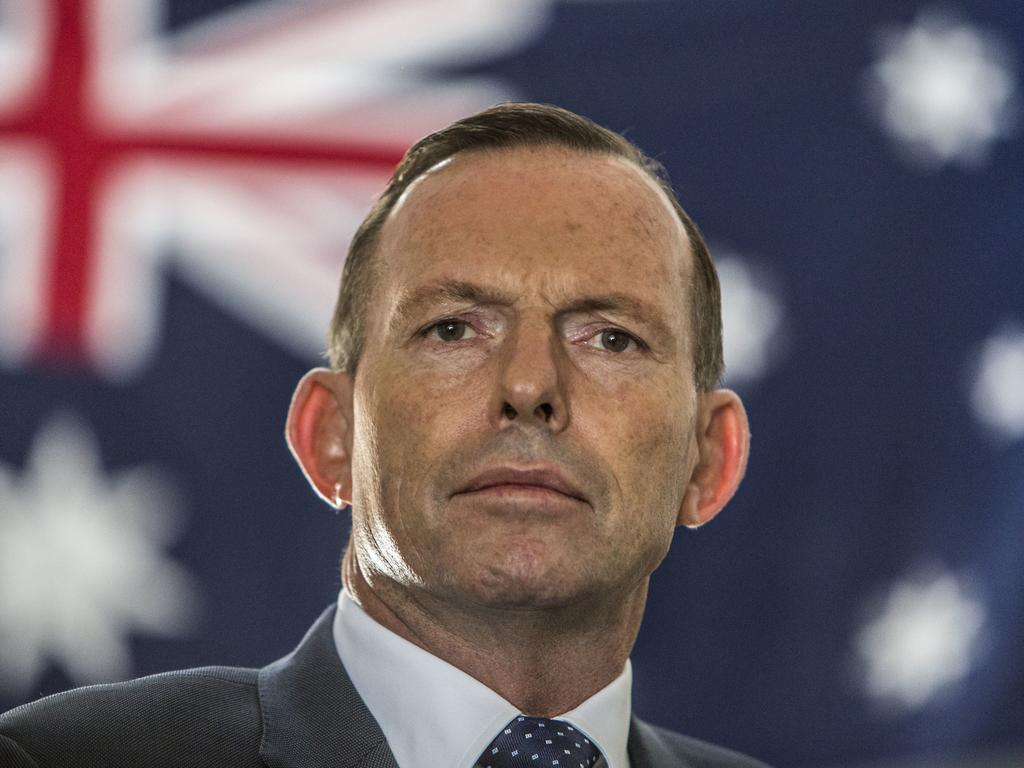
In the lead-up to January 26, 2023, some opponents of Australia Day campaigned for the right of employees to work on that occasion and take a day off, in lieu of the national public holiday, at some other time.
It had little impact. I happened to be at a major Sydney intersection at peak hour on the morning of Australia Day last year. The streets were all but empty.
It’s not that Australians had decided to affirm the importance of January 26 – reflecting, as it does, the European settlement of the nation. Australia Day last year fell on a Thursday. Employees who benefited from the public holiday could take a day’s leave on Friday and enjoy a long weekend over four days. Many did so.

This year, Australia Day falls on Friday, leading into the weekend. A natural long weekend at the end, for many, of the summer holiday period. It is unlikely Australians will forsake a three-day break to make a gesture about colonisation and all that.
Australia is an empirical nation in which ideology plays a small role. Sure, some of us are strongly in favour of Australia Day while others are vehemently opposed, regarding the occasion as “Invasion Day”.
But most Australians regard January 26 as a public holiday that offers an opportunity for celebrating with family and friends.
Earlier this week, the Melbourne-based Institute of Public Affairs released its Australia Day Poll. The data was collected by marketing research firm Dynata between November 27 and December 1. In response to the proposition “Australia Day should be celebrated on 26 January”, 63 per cent agreed, 17 per cent disagreed and 20 per cent neither agreed nor disagreed.
It’s easy to dismiss polls commissioned by right-of-centre institutes such as the IPA – or its left-of-centre equivalents. This overlooks the fact pollsters want to deliver accurate findings for their own credibility.
In any event, Dynata’s research in this instance has special authenticity, in that it acknowledges that support for January 26 as Australia Day is lowest among those aged 18 to 24, at 42 per cent. Every other age group is at 61 per cent or above.
It may be that support for Australia Day on January 26 will fade away as younger Australians grow older. However, this is unlikely to happen soon.
What’s more, both Anthony Albanese and Peter Dutton do not support a change of date. In a political sense, the campaign to junk Australia Day on January 26 is the position of the green left/socialist left unity ticket.
And then there is the opposition to Australia Day from Aboriginal people, which goes back to at least 1938, when Indigenous leader William Cooper set up a Day of Mourning as a means of protesting against the consequences of British settlement 150 years earlier. Cooper was a skilled Indigenous leader in what was a difficult time.

Since the bicentennial a half-century later, this has morphed into the Invasion Day protest rallies that are now a feature of January 26 in many parts of Australia.
Green left and socialist left activists have supported this movement, which has grown in recent years and is likely to continue to do so.
However, as academic Anthony Dillon (who describes himself as “a part Aboriginal Australian with significant English ancestry”) wrote in these pages last Tuesday, “many, many Aboriginal people celebrate Australia Day”.
He commented that “nobody is in denial of our country’s history – there is the good, the bad and the ugly, and there also would seem to be the fabricated”. Dillon added that he “cannot ignore … the British invasion” since he “would not be here if there had been no invasion”. Quite so.
This genetic reality applies to all those Australians who identify as Indigenous and have any non-Indigenous ancestors.
In February 2017, journalist and Indigenous leader Stan Grant addressed The Sydney Institute. Early on, he said: “I am drawn from the Wiradjuri and Kamilaroi of NSW; my story also comes from the green fields of Tipperary.”
Grant also spoke about an academic of Indigenous-Anglo-Asian heritage whom he said described himself as representing both “coloniser and colonised; black and consummately white”.
That’s the reality of many Indigenous Australians – without the British settlement/invasion they would not be among us.
On the ABC TV Kitchen Cabinet program on September 5, Annabel Crabb spoke to independent politician Lidia Thorpe.
When discussion turned to the senator’s father, Crabb said: “But he’s a white guy, right?” To which Thorpe replied: “Yep, he’s a white fella.”
On October 15, soon after the program went to air, Thorpe told ABC radio “We’re in a war” with non-Indigenous Australia. She had made the same comment at a Melbourne rally in January 2023.
Thorpe identifies as an Indigenous Australian at war with non-Indigenous Australians. Yet, in one sense, and in her own terminology, she seems to be at war with herself.
Since at least the 1960s, many members of the alienated left intelligentsia have taught tertiary and school students that Australia is an intolerant, racist and unfair society.
Yet ethnic crime rates are relatively low, intermarriage or partnership rates are relatively high and most Australians – despite some current discontents – enjoy among the highest living standards in the world. The likes of Thorpe and her green left/socialist left supporters focus on the disadvantages experienced by many Aboriginal people – in some remote, regional and suburban areas.
But they tend to overlook the continuing success of Indigenous Australians in the professions, trades, business and the like.
It was not until 1990, due to the initiative of NSW Liberal premier Nick Greiner and Labor prime minister Bob Hawke, that January 26 was settled as our national day, agreed to by federal, state and territory governments. Before then it had been something of a movable feast.
At the moment, a clear majority of Australians support its continuation. Others find it an opportunity to demonstrate their dissatisfaction by means of protest. It makes sense for both groups to have a day off.
Gerard Henderson is executive director of The Sydney Institute.







What a difference a year makes. In one sense, at least.